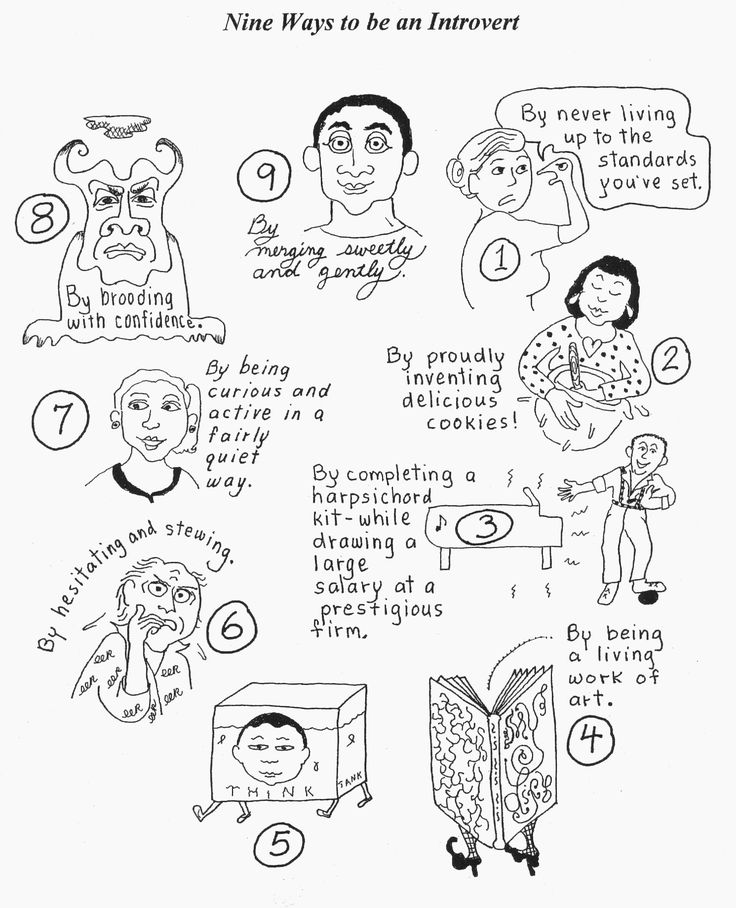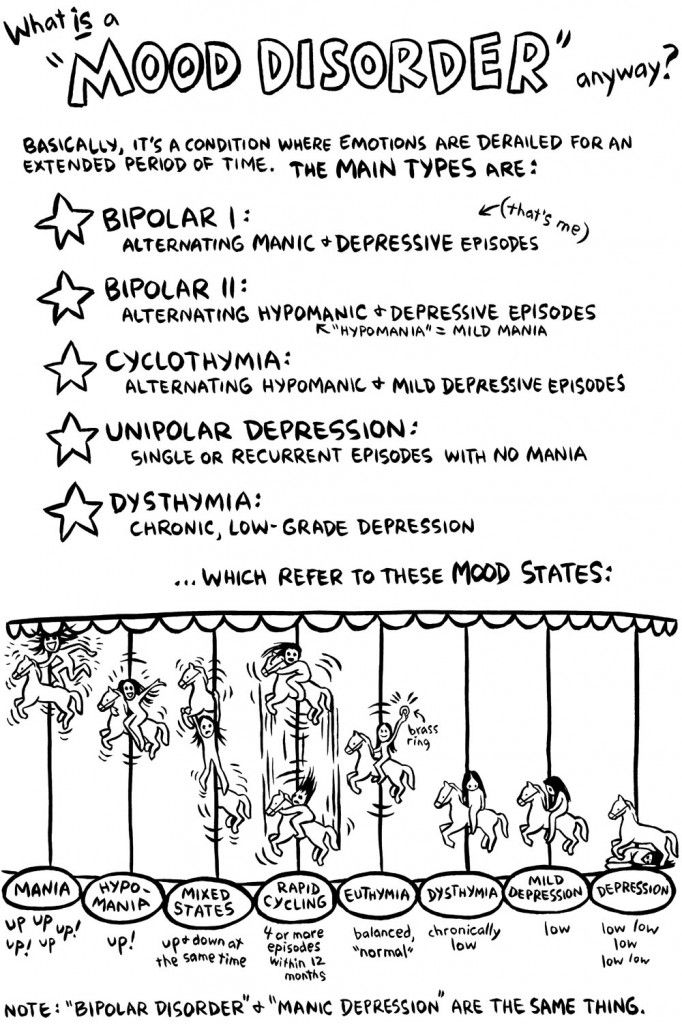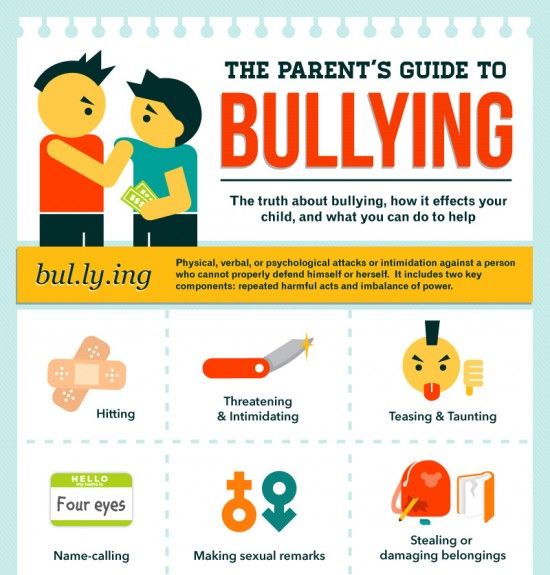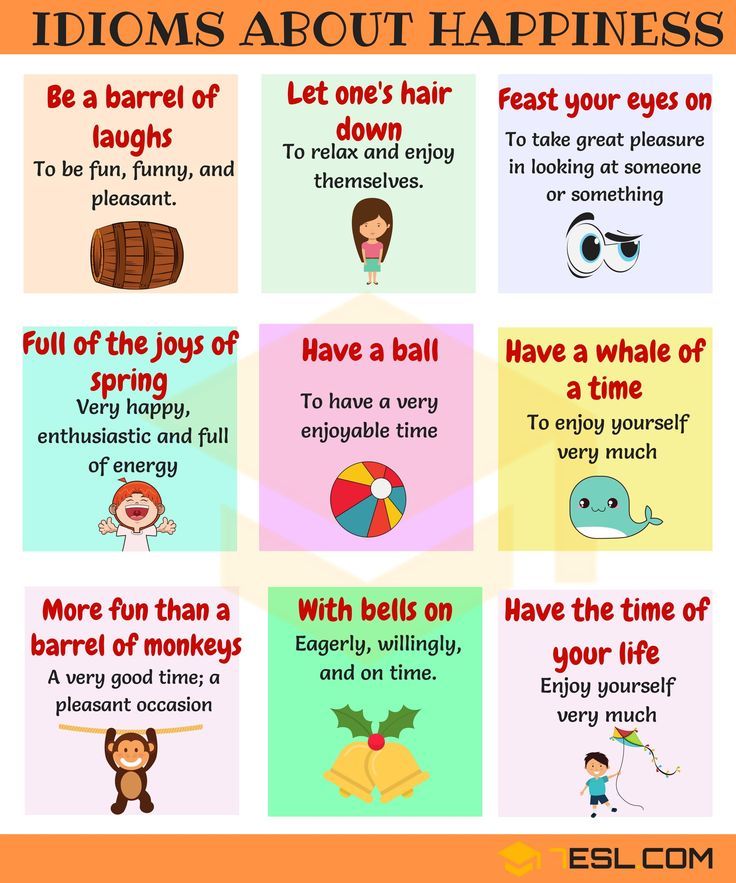The introvert activity book
The Introvert Activity Book: Draw It, Make It, Write It (Because You'd Never Say It Out Loud) by Maureen Marzi Wilson, Other Format
Add to Wishlist
Learn more
English 1507205716
16.99 In Stock
From the author of Introvert Doodles comes an illustrated, interactive book for introverts of all ages to express themselves, find their voices, and discover their own creative talents!
Conventional wisdom suggests that people who don’t speak up have nothing to say, but introverts simply prefer to express themselves differently. Introverts are known for their creativity, their need for thoughtful reflection, and their preference for solitary activities, such as drawing and writing. The Introvert Activity Book offers doodle ideas, lists, paper-craft projects, writing prompts, and so much more—the reader becomes the author!
Beautiful and messy, funny and insightful, inspiring and relaxing, The Introvert Activity Book is perfect for introverts at any age. Join the introverted animated comic character, Marzi, on a journey to discovering your creative voice within!
Related collections and offers
Product Details
| ISBN-13: | 9781507205716 |
|---|---|
| Publisher: | Adams Media |
| Publication date: | 11/07/2017 |
| Series: | Introvert Doodles |
| Pages: | 144 |
| Sales rank: | 1,085,410 |
| Product dimensions: | 6.00(w) x 8.00(h) x 0.70(d) |
About the Author
Maureen “Marzi” Wilson had a quiet childhood by the Chesapeake Bay, and is enjoying an equally quiet adulthood by the Yellowstone Forest. Her hobbies include reading, swooning over typography, and cuddling her Yorkie, Kiko. That’s as much information as she’s willing to share with you, as she’s an introvert and doesn’t know you very well. Check out her website IntrovertDoodles.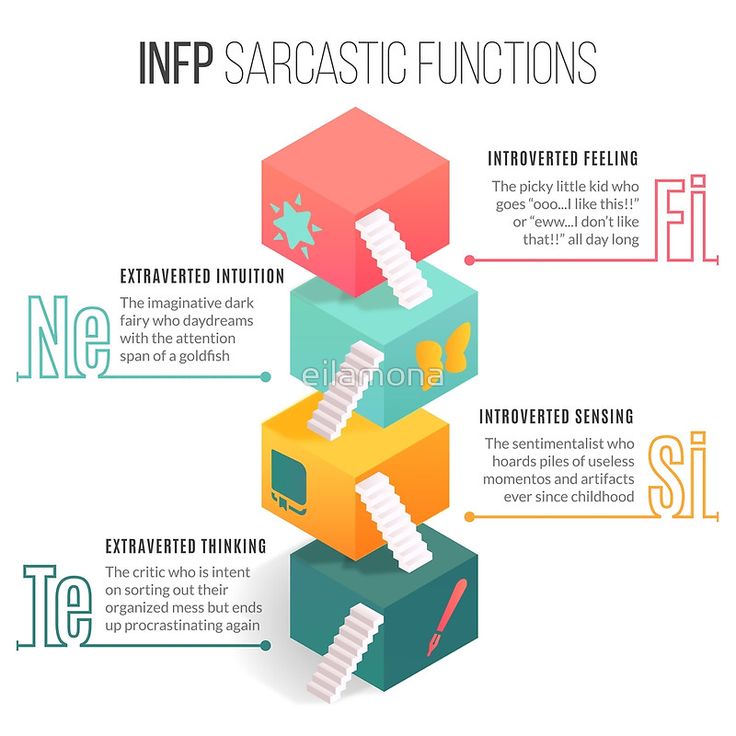 com and find her on Instagram @IntrovertDoodles.
com and find her on Instagram @IntrovertDoodles.
Editorial Reviews
"Calling all introverts! Discover your voice and the best way to express yourself with this fun book filled with writing prompts, doodle ideas, paper-craft projects, and more. The go-to Christmas gift for the introverts in your life."
HelloGiggles
"Designed to occupy your mind while making you laugh, this book is perfect for all your introverted thoughts. You know, the ones you can’t say out loud. With over 100 activities, you’ll never be bored again. The spiral-bound activity book is perfect for tweens, teens and adults. And with the holidays right around the corner, this book works as a stocking stuffer."
The Daily Dot
"Maureen ‘Marzi’ Wilson's activity book caters to the inner workings of an introverted mind in the most amusing ways. Each page features soundbites of humor that only a true introvert could understand, with solitary activities like drawing, writing, and doodles that encourage creativity to come alive.
Elite Daily"
"A thoughtful gift idea for the reflective introvert in your life."
Bustle.com
"This book is a combo of playtime and self-care for introverts. It features 110 quiet, solitary projects, including journaling prompts, paper crafts, doodle ideas, and games. When you give someone The Introvert Activity Book, you’re giving the gift of creativity and relaxation: two things introverts thrive on."
Dear Introvert
"For introverts, it's not often we come across someone who really gets us ... .Fret no more, friends, because Introvert Doodles understands you, and you'll relate to these drawings better than you've ever related to anything with a pulse. She's blessed us with ... The Introvert Activity Book. Marzi's artwork is about so much more than cute drawings and clever captions. She's truly giving a voice to marginalized and stigmatized groups of people, and in an accessible way that's easier to understand and digest.
Bustle"
Customer Reviews
The Introvert Activity Book By Maureen Marzi Wilson | Used | 9781507205716
- Home
- Non-Fiction Books
- Health and Personal Development
- Self-help & personal development
Reviews:
Trustpilot
Condition - Good
Only 2 left
Good
SeriesIntrovert Doodles
Summary
An illustrated, interactive book for introverts of all ages to express themselves, find their voices and discover their own creative talents!
Get this product faster from our US warehouse
The Introvert Activity Book Summary
The Introvert Activity Book: Draw It, Make It, Write It (Because You'd Never Say It Out Loud) by Maureen Marzi Wilson
From the author of Introvert Doodles comes an illustrated, interactive book for introverts of all ages to express themselves, find their voices, and discover their own creative talents!
Conventional wisdom suggests that people who don't speak up have nothing to say, but introverts simply prefer to express themselves differently. Introverts are known for their creativity, their need for thoughtful reflection, and their preference for solitary activities, such as drawing and writing. The Introvert Activity Book offers doodle ideas, lists, paper-craft projects, writing prompts, and so much more-the reader becomes the author!
Introverts are known for their creativity, their need for thoughtful reflection, and their preference for solitary activities, such as drawing and writing. The Introvert Activity Book offers doodle ideas, lists, paper-craft projects, writing prompts, and so much more-the reader becomes the author!
Beautiful and messy, funny and insightful, inspiring and relaxing, The Introvert Activity Book is perfect for introverts at any age. Join the introverted animated comic character, Marzi, on a journey to discovering your creative voice within!
The Introvert Activity Book Reviews
Designed to occupy your mind while making you laugh, this book is perfect for all your introverted thoughts. You know, the ones you can't say out loud. With over 100 activities, you'll never be bored again. The spiral-bound activity book is perfect for tweens, teens and adults. And with the holidays right around the corner, this book works as a stocking stuffer. * The Daily Dot *
* The Daily Dot *
Calling all introverts! Discover your voice and the best way to express yourself with this fun book filled with writing prompts, doodle ideas, paper-craft projects, and more. The go-to Christmas gift for the introverts in your life. * HelloGiggles *
Maureen 'Marzi' Wilson's activity book caters to the inner workings of an introverted mind in the most amusing ways. Each page features soundbites of humor that only a true introvert could understand, with solitary activities like drawing, writing, and doodles that encourage creativity to come alive. * Elite Daily *
A thoughtful gift idea for the reflective introvert in your life. * Bustle.com *
This book is a combo of playtime and self-care for introverts. It features 110 quiet, solitary projects, including journaling prompts, paper crafts, doodle ideas, and games. When you give someone The Introvert Activity Book, you're giving the gift of creativity and relaxation: two things introverts thrive on. * Introvert, Dear *
* Introvert, Dear *
For introverts, it's not often we come across someone who really gets us ... .Fret no more, friends, because Introvert Doodles understands you, and you'll relate to these drawings better than you've ever related to anything with a pulse. She's blessed us with ... The Introvert Activity Book. Marzi's artwork is about so much more than cute drawings and clever captions. She's truly giving a voice to marginalized and stigmatized groups of people, and in an accessible way that's easier to understand and digest.
* Bustle *
If you like naps better than nights out at the bar, you have to have this book, which will speak to your introvert soul unlike it's ever been spoken to before. * Bustle *
About Maureen Marzi Wilson
Maureen Marzi Wilson had a quiet childhood by the Chesapeake Bay, and is enjoying an equally quiet adulthood by the Yellowstone Forest. Her hobbies include reading, swooning over typography, and cuddling her Yorkie, Kiko.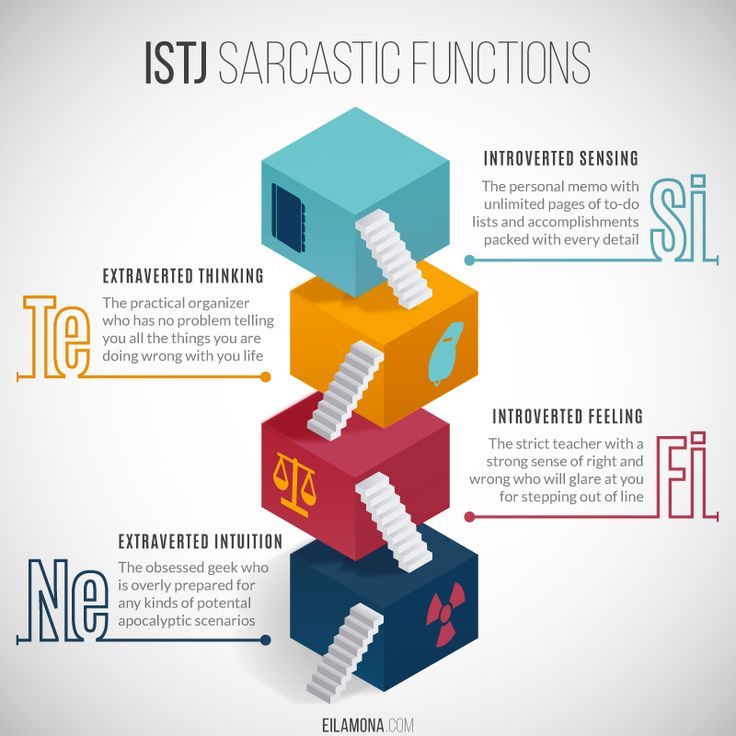 That's as much information as she's willing to share with you, as she's an introvert and doesn't know you very well. Check out her website IntrovertDoodles.com and find her on Instagram @IntrovertDoodles.
That's as much information as she's willing to share with you, as she's an introvert and doesn't know you very well. Check out her website IntrovertDoodles.com and find her on Instagram @IntrovertDoodles.
Additional information
Sku
CIN1507205716G
ISBN 13
9781507205716
ISBN 10
1507205716
Title
The Introvert Activity Book: Draw It, Make It, Write It (Because You'd Never Say It Out Loud) by Maureen Marzi Wilson
Author
Maureen Marzi Wilson
Series
Introvert Doodles
Condition
Used - Good
Binding type
Hardback
Publisher
Adams Media Corporation
Year published
20180125
Number of pages
144
Prizes
N/A
Cover note
Book picture is for illustrative purposes only, actual binding, cover or edition may vary.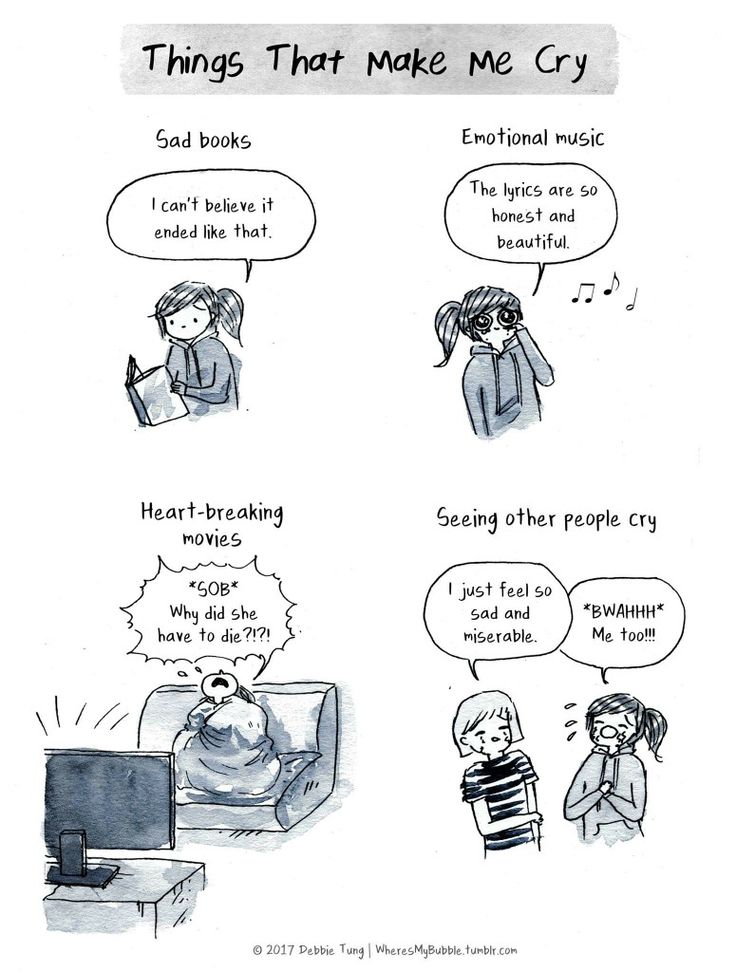
Note
This is a used book - there is no escaping the fact it has been read by someone else and it will show signs of wear and previous use. Overall we expect it to be in good condition, but if you are not entirely satisfied please get in touch with us
Customer Reviews - The Introvert Activity Book
Trustpilot
Wob sells used books online to over 190 countries worldwide.
You can connect with us on Facebook, Twitter, Instagram, or through our Blog.
Trustpilot
Read online “The Power of Introverts. How to use your oddities to your advantage”, Sylvia Löhken – Litres
Sylvia Löhken
Leise Menschen – starke Wirkung
© 2012 GABAL Verlag GmbH, Offenbach
This translation published by arrangement with GABAL Verlag GmbH
© Translation. EGO Translating Company CJSC, 2017
© Design. LLC Eksmo Publishing House, 2017
* * *
... We have one world for all -
But we live in different ...
Dire Straits, Brothers in ARMS
What do you learn from this book
Why be an introvert is not so bad (see Part 1)
How calm differs from passivity (see Part 1)
How can an introvert avoid overwork when communicating with others (see Part 1)
Can an introvert create a happy family with an extrovert (see Part 2)
How to help an introverted child (see Part 2)
How to get noticed at work (see Part 2)
How to organize your trip in comfort (see Part 2)
What will help an introvert to establish contacts at an event (see Part 3)
How to open up on social media (see Part 3)
How to prepare for public speaking (see Part 3)
How to be effective in public discussions (see Part 3) )
How to enjoy life while being yourself (see Part 3)
Foreword
This book is unique.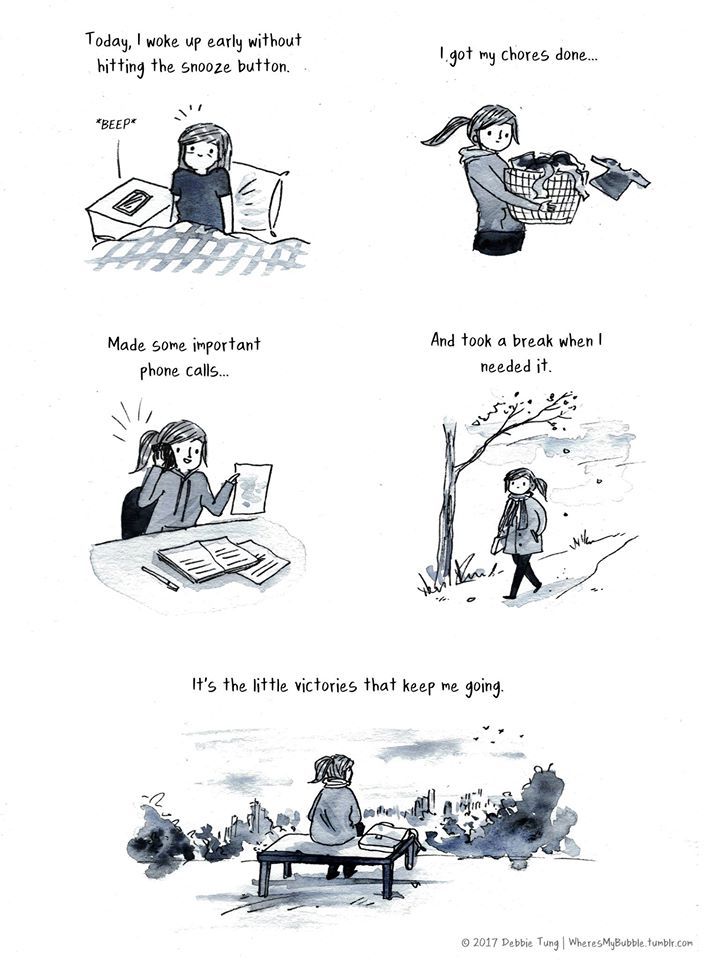 It deals with that half of the representatives of the human race, which is paid little attention, since these people are usually silent.
It deals with that half of the representatives of the human race, which is paid little attention, since these people are usually silent.
I met the author of this book in a society of individuals of a different type - those who are used to loudly declaring themselves, as this is connected with their profession. After three days of a noisy German Speakers Association conference, I met Sylvia at the exit from the hall. I was completely frazzled. Not only because of "over-stimulation" - as I later realized - but also from the strong influence of extroverts on me. My energy was practically exhausted. Sylvia immediately understood me, and a couple of phrases spoken by her were enough to realize that I was not alone in this vast egocentric world of extroverts. Of course, I already knew for a long time that I was an introvert. I am a teacher of Zen meditation, my profession is connected with calmness, silence and inner energy. Before, I didn’t realize what a big influence quiet people have on me.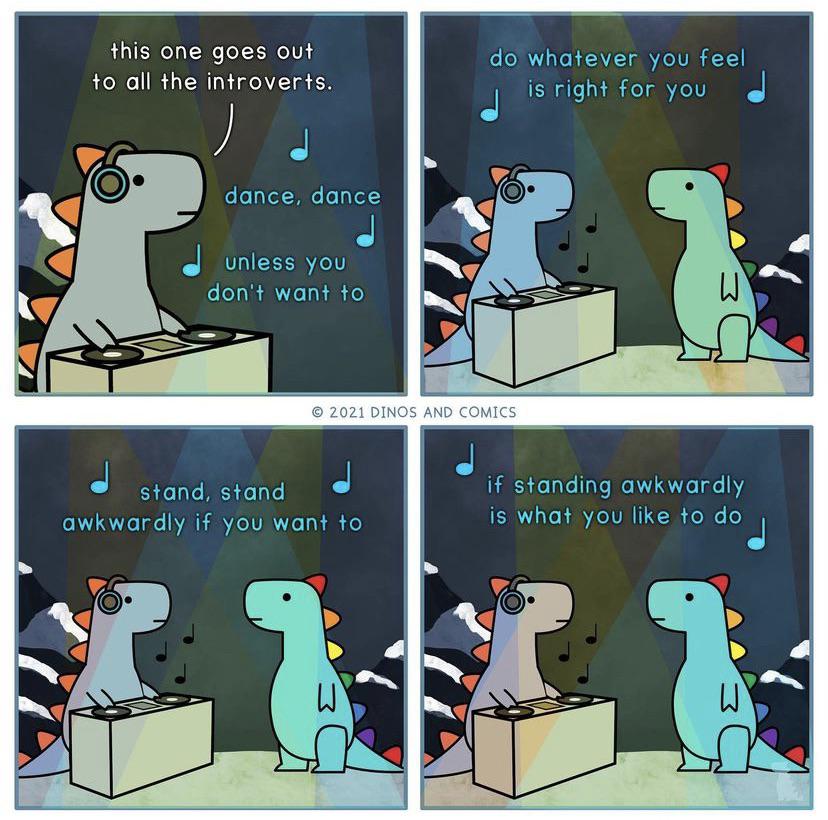 They think differently, behave differently, and are often underestimated by extroverts, although introverts do serious intellectual work, but little noticeable work.
They think differently, behave differently, and are often underestimated by extroverts, although introverts do serious intellectual work, but little noticeable work.
There are many self-help books in our culture, especially by American authors. All of these books, however, are for successful, self-confident extroverts—for "Extra," as Sylvia Loecken calls them. They are good self-servers, actively push forward and love to talk. Alas, such guides are to the introvert like swimming lessons to an eagle from a duck. He will never learn to swim well. In the sky, he has no equal, but on the condition that he concentrates on his advantage: on flight. Silent introverts will get little benefit from the many books on communication. For example, they do not need to read long chapters about how important it is to be able to listen to another: they are already good at it and wonder why no one listens their .
Thus, this book can be of inestimable benefit. She draws on the strengths of quiet personalities and gives advice on how to use their strengths.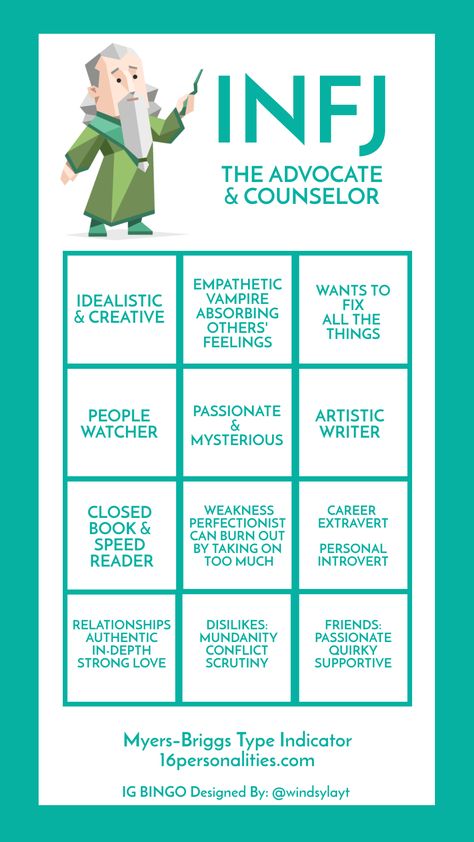 For example, when negotiating, introverts have all the cards in their hands, but many do not know how and when to make the right move. How can silent people prove themselves in meetings where the law of the loud ones reigns? And, say, for leaders, it is especially important to be able to adapt methods like brainstorming to the needs of introverts in such a way as to reap the double benefit from the richness of their inner world and their ideas.
For example, when negotiating, introverts have all the cards in their hands, but many do not know how and when to make the right move. How can silent people prove themselves in meetings where the law of the loud ones reigns? And, say, for leaders, it is especially important to be able to adapt methods like brainstorming to the needs of introverts in such a way as to reap the double benefit from the richness of their inner world and their ideas.
This book is written not only for introverts, but also for their colleagues, partners, mothers, fathers and bosses. Let's say she teaches you how to communicate with your introverted girlfriend. You will understand why she behaves differently, why she needs time to think, and why she often wants to be alone with herself.
Sylvia Löcken's book should be at the forefront of bestsellers.
Dr. Fleur Zakura WössHead of the Daishina Zen Meditation Center (Vienna), author and leader of trainings on public speaking
Introduction
Extrovert and introvert: two worlds in one
My name is Sylvia Löcken.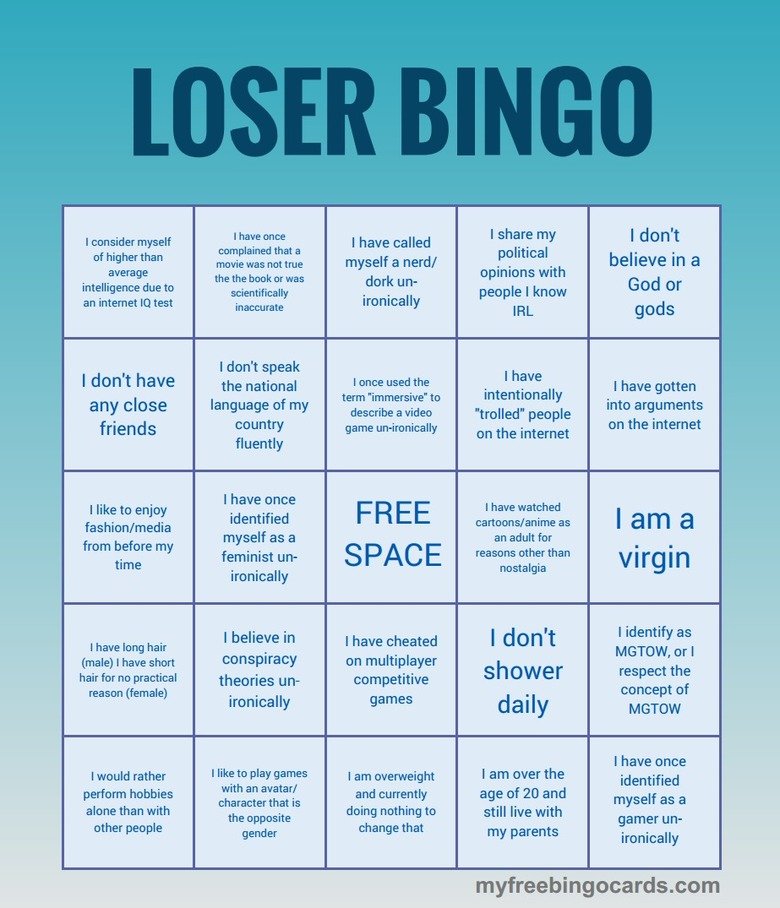 I'm an introvert, but I really like communication. Perhaps this sounds strange. The word "introvert" is associated with an unshaven "nerd" who sits at the computer all day and crumbles pizza ordered to the house on the keyboard. However, this "nerd" is only one of the (stereotypical) images of a closed personality. There are many types of people. For example, I like to communicate with people - this is my profession and vocation. However, after a hectic day full of different meetings, I need to be alone. Despite my interest in what I do, I cannot, unlike my extrovert colleagues, draw energy from lively and interesting work with seminar participants, students and teachers. Why is a communication book about introverts? This is a question I wanted to answer to myself. That's how it all started.
I'm an introvert, but I really like communication. Perhaps this sounds strange. The word "introvert" is associated with an unshaven "nerd" who sits at the computer all day and crumbles pizza ordered to the house on the keyboard. However, this "nerd" is only one of the (stereotypical) images of a closed personality. There are many types of people. For example, I like to communicate with people - this is my profession and vocation. However, after a hectic day full of different meetings, I need to be alone. Despite my interest in what I do, I cannot, unlike my extrovert colleagues, draw energy from lively and interesting work with seminar participants, students and teachers. Why is a communication book about introverts? This is a question I wanted to answer to myself. That's how it all started.
My profession involves advanced training, but one day I lost interest in communication training. Not because of their content. Communication between people is one of the things that interests me the most.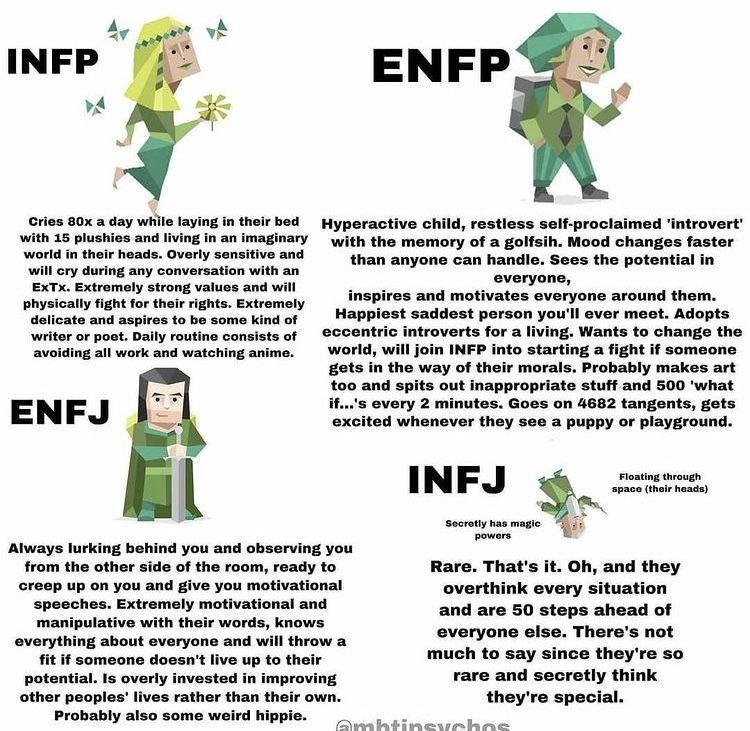 However, I suddenly began to avoid other teachers - my own colleagues. They often seemed too noisy and superficial to me. And it became clear to me: this is my problem. So, I started thinking (introverted people like to think and do it often): what exactly annoys me in my colleagues? The people I interacted with were no better or worse than me. And yet they were different - different in the sense that what was important to them was something that did not interest me at all. A lot of people kind of put labels on themselves like "I'm number 1", "Leader", "Always the best" - this has always been unacceptable to me. In the course of training, I am usually given advice that confirms my difference from the rest. Regarding my movements - please, be more energetic! Regarding my manner of speaking - please, be more emotional! Regarding my performances - please, more expression!
However, I suddenly began to avoid other teachers - my own colleagues. They often seemed too noisy and superficial to me. And it became clear to me: this is my problem. So, I started thinking (introverted people like to think and do it often): what exactly annoys me in my colleagues? The people I interacted with were no better or worse than me. And yet they were different - different in the sense that what was important to them was something that did not interest me at all. A lot of people kind of put labels on themselves like "I'm number 1", "Leader", "Always the best" - this has always been unacceptable to me. In the course of training, I am usually given advice that confirms my difference from the rest. Regarding my movements - please, be more energetic! Regarding my manner of speaking - please, be more emotional! Regarding my performances - please, more expression!
All this made me very upset. Energetic gestures, manifestations of emotions during negotiations or when reading a report - this is not at all my manner of communication.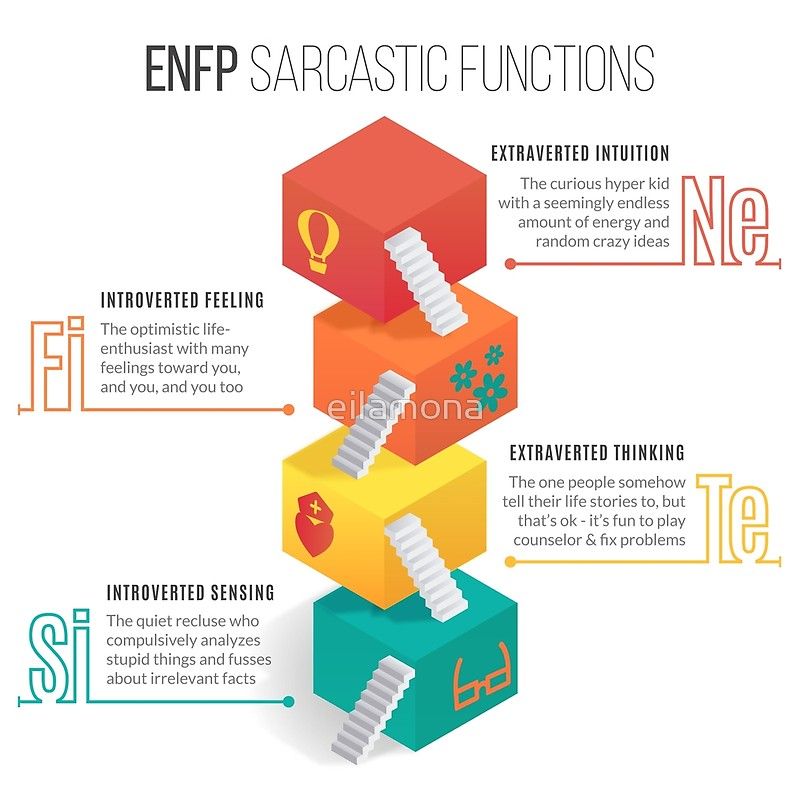 And so far it hasn't bothered me at all, quite the opposite. "Quiet" clients and seminar participants (with calm gestures, corporate style, moderately emotional) have always liked to cooperate with me. And I'm with them. My clients were reasonable and logical people.
And so far it hasn't bothered me at all, quite the opposite. "Quiet" clients and seminar participants (with calm gestures, corporate style, moderately emotional) have always liked to cooperate with me. And I'm with them. My clients were reasonable and logical people.
“That's it! You like cold minds!” said one (very extroverted) colleague of mine when I described my favorite clients to her. She was right. When I took part in the seminars, I always liked the intense work with people who lived in the same rhythm as me. In doing so, I realized that there are no communication trainings for my beloved clients and for me—trainings focused on the benefits and needs of quiet people.
The book you are reading now should fill this gap - along with seminars, talks and advice specifically designed for introverted individuals. Good communication has a lot in common with self-knowledge, this idea has always been key for me. Only when I know myself and know how to work with myself can I work successfully with others: in presentations, in negotiations, on the Internet and in my personal life.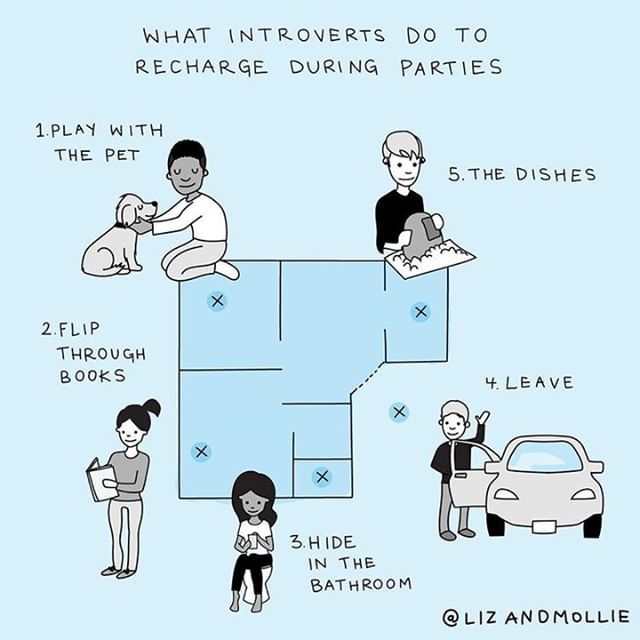
What are the characteristics of silent people? Many consider them to be “shy” or “overly receptive,” but such characteristics do not accurately describe introverts, so I set to work and first analyzed my own communication habits. English-language literature on psychology helped me the most. In addition, I began to study my clients with particular interest.
The result was amazing. I have found two sets of qualities that characterize introverts in communication. These qualities can be divided into advantages and obstacles - difficulties. Not all silent people have the same set of qualities, but many do. Let's take a closer look at them!
Benefits are clearly pluses, as are obstacles. If I know my shortcomings, then I realize my needs better than someone who does not pay attention to his weaknesses. For a long time I considered myself selfish, because, for example, spending time with family or friends, I suddenly realized that I wanted to be alone. I now realize that solitude is a completely normal need that helps me regain energy when I feel tired.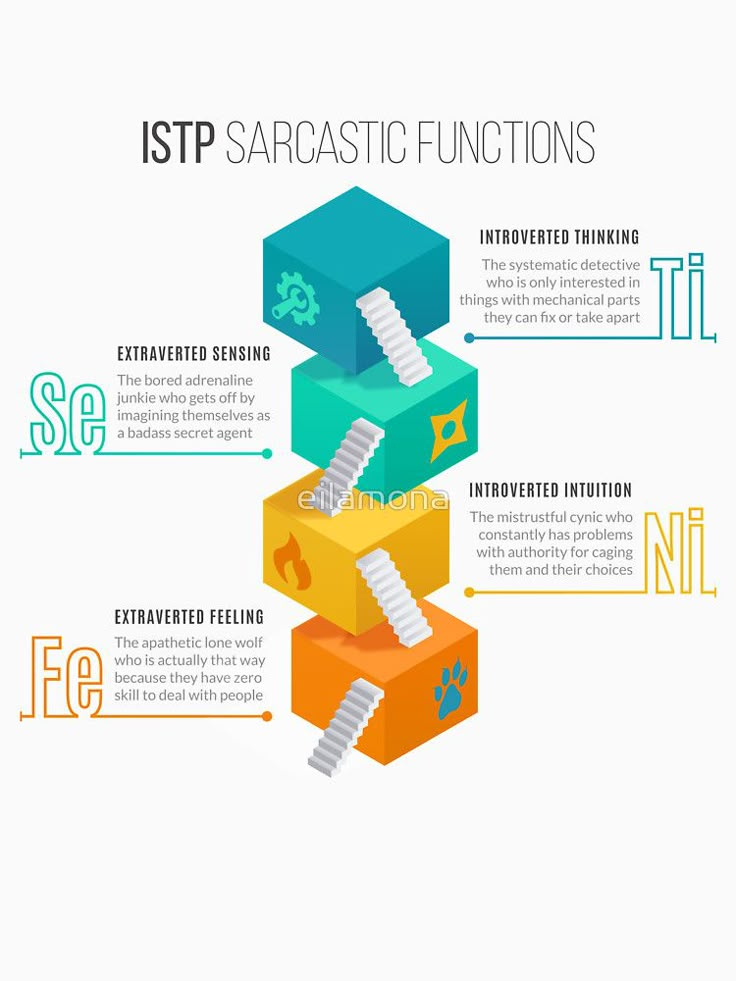 And I wouldn't call it a weakness. It's like saying that the weakness of an extrovert is that they need to communicate more than an introvert.
And I wouldn't call it a weakness. It's like saying that the weakness of an extrovert is that they need to communicate more than an introvert.
So, welcome: find out your advantages and obstacles in contact with people. Rejoice in both of your traits as good friends who will accompany you all your life. Then you will probably be able to turn any situation in the right direction for you and communication will be successful.
Two questions arise here that are related to different types of communication between people:
1. What advantages can a quiet person use in a particular situation?
2. What should an introvert pay attention to in a given situation?
In this book you will find answers to both questions.
What you will find in the book and how it should be read
You will, of course, find out the answers to the questions posed. They can be different, depending on specific life circumstances: the situation at work and in personal life, formal and informal settings, proximity and distance of the interlocutor, report and negotiations. If you, dear reader, think that you are a quiet person, then this book should help you feel comfortable in this sometimes too noisy world and succeed in what is important to you. All parts of the book are written with introverts in mind.
If you, dear reader, think that you are a quiet person, then this book should help you feel comfortable in this sometimes too noisy world and succeed in what is important to you. All parts of the book are written with introverts in mind.
If you are an extrovert, after reading this book you will better understand the mysterious silent people around you and learn to appreciate their advantages. It does not matter who they are - partners, relatives, friends, colleagues or bosses, employees or seminar participants.
And if you can't say with certainty whether you are an introvert, then the test in the first chapter will help you. This book gives advice that can be put into practice in any situation. We will constantly raise questions, the answers to which will help you in the future. Take your chance and you will get to know yourself better and benefit from interacting with others.
The book is structured around the way introverts think and communicate: from the inside out.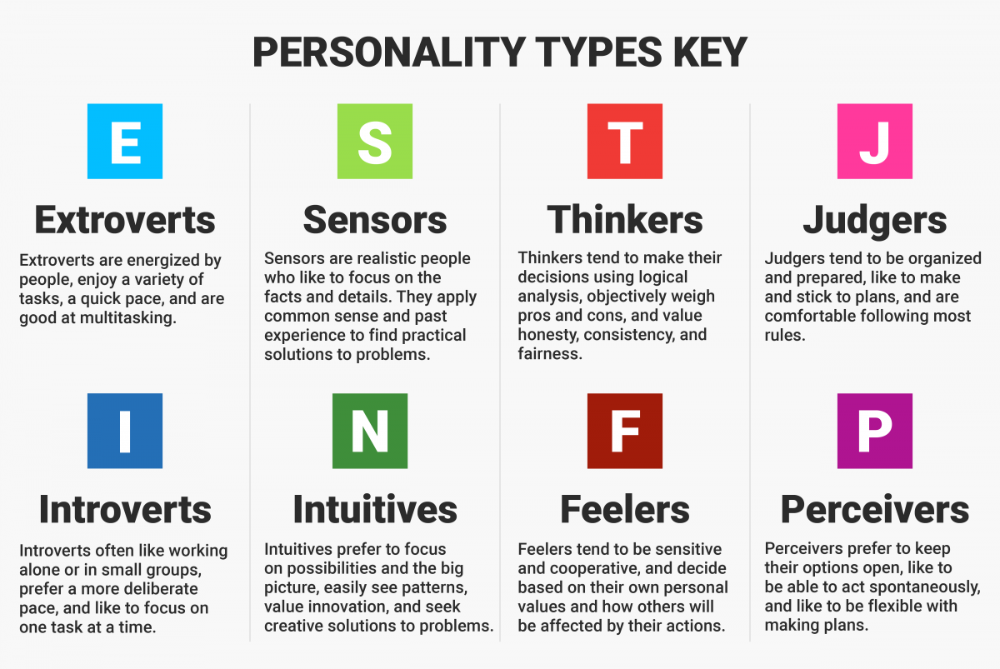 It begins with an analysis of personal qualities. At the very beginning there is a list of typical advantages and difficulties of introverts. I advise you to read the book from the beginning to familiarize yourself with the general information. The second part, in chapters 4 and 5, provides personal and professional information on what helps quiet people and makes them successful. First of all, here is how to make both of these areas "suitable" for an introvert. All subsequent chapters, which make up the third part of the book, talk about how an introvert can use their advantages and overcome obstacles in communicating with others. I have consciously emphasized the most important advantages and disadvantages when establishing contact in negotiations, in public speeches or in meetings. After the test and general review at the end of the first chapter, you will be able to easily assess which of your personal qualities are most significant in a given situation.
It begins with an analysis of personal qualities. At the very beginning there is a list of typical advantages and difficulties of introverts. I advise you to read the book from the beginning to familiarize yourself with the general information. The second part, in chapters 4 and 5, provides personal and professional information on what helps quiet people and makes them successful. First of all, here is how to make both of these areas "suitable" for an introvert. All subsequent chapters, which make up the third part of the book, talk about how an introvert can use their advantages and overcome obstacles in communicating with others. I have consciously emphasized the most important advantages and disadvantages when establishing contact in negotiations, in public speeches or in meetings. After the test and general review at the end of the first chapter, you will be able to easily assess which of your personal qualities are most significant in a given situation.
In the chapters of the book you will meet my silent colleagues and seminar participants.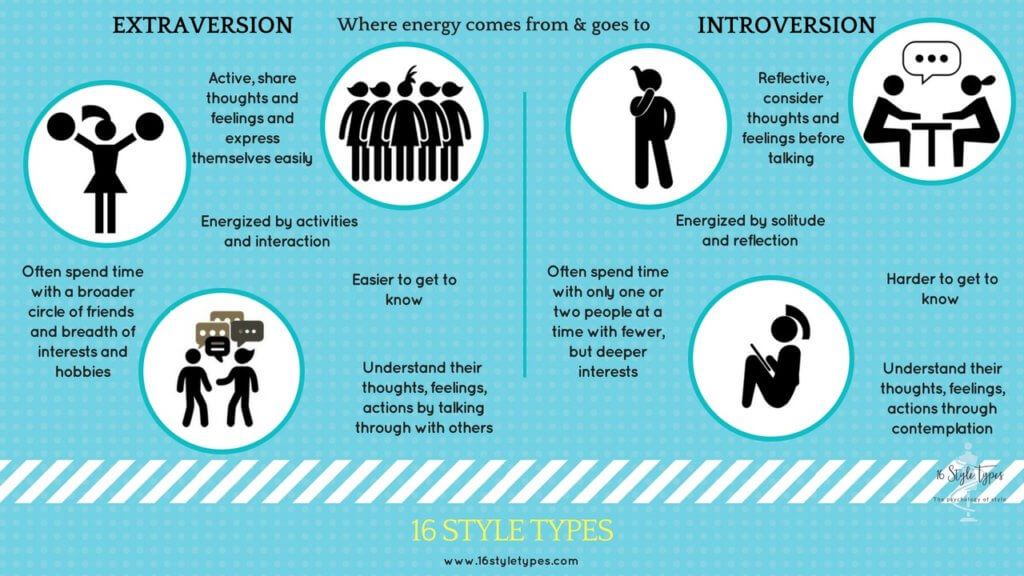 Their (anonymous) stories illustrate how introverts can use their strengths in a variety of situations. I hope that their experience will give you the courage to read and make you want to try intro communication.
Their (anonymous) stories illustrate how introverts can use their strengths in a variety of situations. I hope that their experience will give you the courage to read and make you want to try intro communication.
Silent people rotate the Earth!
Many celebrities were or are (according to what we know about them) introverts. Take a look at this colorful list.
Introvert celebrities: gallery
Ilse Eichinger – writer, Austria
Woody Allen - director, author, actor and musician, USA
Lance Armstrong - professional racing driver, seven-time Tour de France winner
Julian Assange - WikiLeaks journalist and speaker, Australia
Brenda Barnes - CEO and Chairman of Sara Lee, USA
Ingrid Bergman - actress, Sweden
Warren Buffett - Major Investor and Entrepreneur, USA
Kakau - football player of the German Football National League of Brazilian origin
Frederic Chopin - composer and pianist, Poland
Marie Curie - chemist and physicist, winner of the Nobel Prize in Physics and Chemistry, Poland
Charles Darwin - naturalist, founder of the theory of evolution, UK
Bob Dylan - musician, poet and artist, USA
Clint Eastwood - actor, USA
Albert Einstein - physicist, Nobel Prize winner in physics, Germany
Mohandas Karamchand Gandhi - known as Mahatma Gandhi, spiritual leader of the Indian independence movement
Bill Gates - founder of Microsoft, USA
Sir Alfred Hitchcock - director, UK
Michael Jackson - Musician, USA
Günther Jauch - TV presenter, journalist, producer, Germany
Franz Kafka - German-speaking writer from Prague
Immanuel Kant - philosopher of the Enlightenment, Germany
Avril Lavigne - singer, songwriter, Canada
Lorio (real name Vico von Bülow) – humorist, Germany
Angela Merkel - Chancellor of the Federal Republic of Germany
Sir Isaac Newton - physicist, mathematician, philosopher and theologian, UK
Barack Obama - US President
Michelle Pfeiffer - actress, USA
Claudia Schiffer - model, Germany
George Soros - investor and founder of a philanthropic foundation, Hungary/USA
Steven Spielberg - director, producer and writer, USA
Gabriel Strehle - fashion designer (Strenesse), Germany
Tilda Swinton - actress, UK
Mother Teresa Nun, Nobel Peace Prize Laureate, Albania/India
Charles Mountbatten-Windsor - Prince of Wales, Duke of Cornwall, heir to the throne of the United Kingdom Great Britain
Mark Zuckerberg - computer scientist, founder of Facebook, USA
You see, many of the most intelligent, influential, gifted, creative, brave and interesting people on the planet belong to Intro.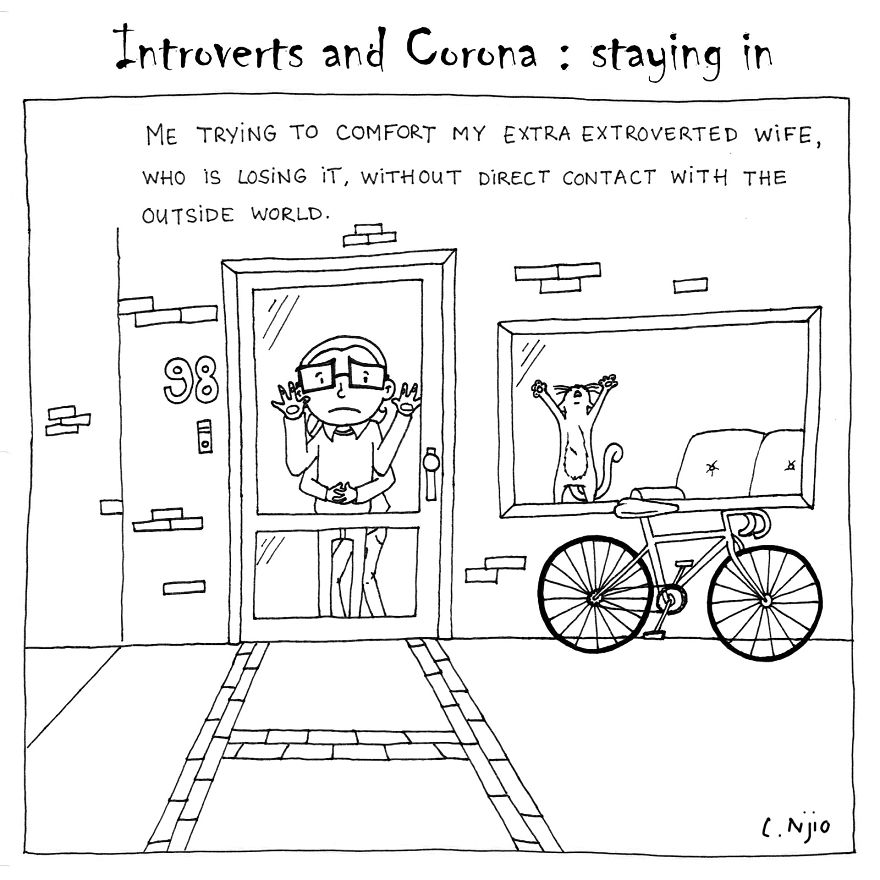 They are no better or worse (as they themselves believe) than Extra. First of all, this is what makes them successful: they have remained true to themselves and their introversion with all the qualities that go with it. This is a wonderful recipe for success that I offer you with all my heart: stay true to yourself as an introvert, do what suits you and your needs. Like the people in the gallery, you will quietly change the world. Dolly Parton once said:
They are no better or worse (as they themselves believe) than Extra. First of all, this is what makes them successful: they have remained true to themselves and their introversion with all the qualities that go with it. This is a wonderful recipe for success that I offer you with all my heart: stay true to yourself as an introvert, do what suits you and your needs. Like the people in the gallery, you will quietly change the world. Dolly Parton once said:
Understand who you are - and do it consciously!
P.S.: There are variants of the term "Extraversion" and "Extroversion" in the literature. However, I have chosen for the convenience of shortening the option "Extraversion", so that you do not have a question why I use the shortened versions "Intro" and "Extra".
Part I
Who are you? What can you do? What do you need?
1. Why are they quiet?!
Jonas studies engineering at a technical college with a very good reputation.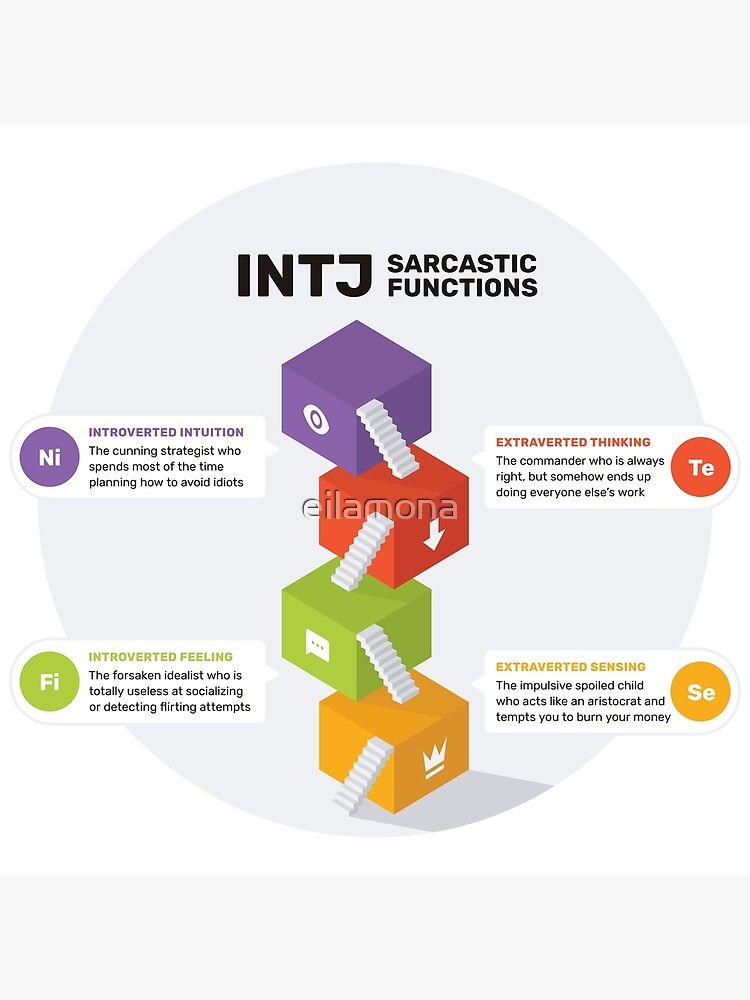 He has two friends with whom he likes to meet, for example, to go to the movies or play sports together. He is an active Internet user and keeps in touch with school friends and acquaintances via Facebook or Twitter. Now he is a trainee in one of the most famous German automobile firms. In matters of love and romance, Jonas is less successful. There are few girls at the university, and he does not like parties and concerts - he is too tired of loud music and crowds of people. Sometimes he wonders if he should find the right girl through a dating site.
He has two friends with whom he likes to meet, for example, to go to the movies or play sports together. He is an active Internet user and keeps in touch with school friends and acquaintances via Facebook or Twitter. Now he is a trainee in one of the most famous German automobile firms. In matters of love and romance, Jonas is less successful. There are few girls at the university, and he does not like parties and concerts - he is too tired of loud music and crowds of people. Sometimes he wonders if he should find the right girl through a dating site.
Jonas is doing well with his studies; he passes all the exams, constantly preparing for the tests. He doesn't like giving lectures in seminars in front of large groups, and he's also afraid of oral exams. In his spare time, Jonas loves to run. Sometimes while jogging, he finds interesting ideas for his second hobby: he photographs views where landscape and technology merge into something new, such as bridges and industrial buildings.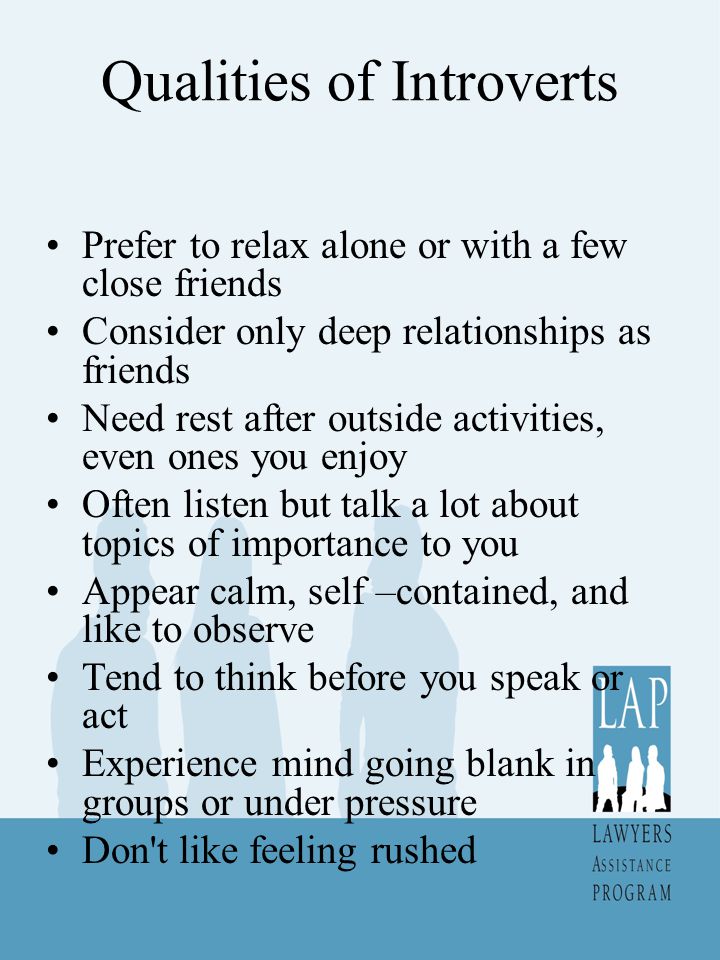
What does "quiet person" mean?
Introversion and extraversion
People are divided into introverts and extroverts. Almost everyone knows something about these concepts and associates certain qualities with them. On closer examination, whether in life or in literature, it cannot be said that introverts and extroverts can be clearly distinguished from each other. These tendencies, first of all, depend on the personality. A person is born with a tendency to either introversion or extroversion, as well as certain distinctive features and needs that characterize him. Already in children, introverted or extroverted tendencies are strongly manifested. These terms can be better understood if they are not considered in opposition, but as the end points of the same continuum.
Personality factor
Every person has both introverted and extroverted qualities. And everyone is endowed with a preference in a certain personal space where he feels comfortable.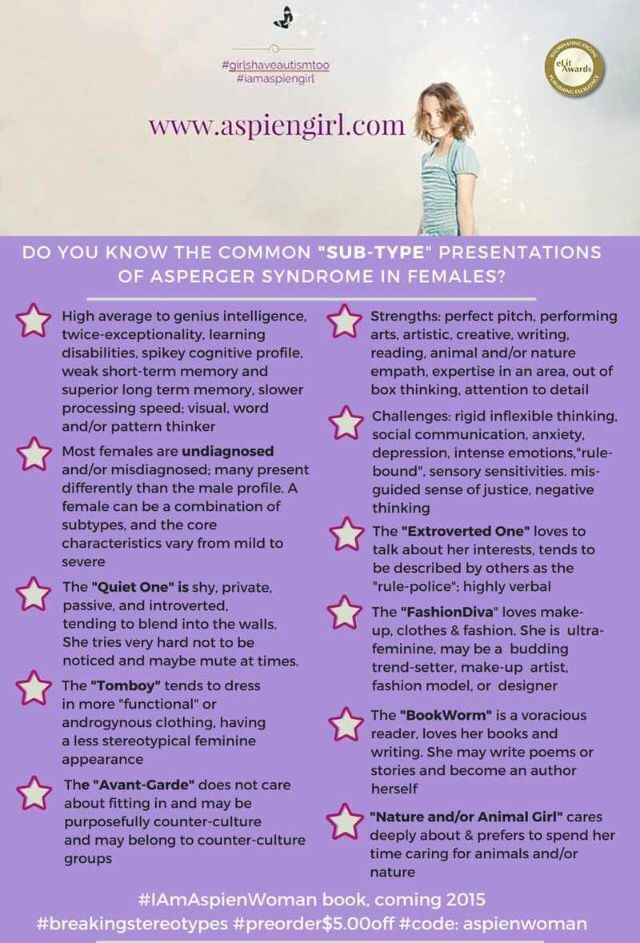 Most people are somewhere in the middle between the two extremes, but still gravitate more towards either introverts or extroverts. All these cases are completely normal, problems can arise only with pronounced extremes. It is especially difficult for those who find themselves on the edges of the continuum; It doesn't matter if it's an Intro or an Extra edge. In addition, it is not easy for any person to live outside their comfort zone. If an introvert like Jonas, sensitive to sounds, lives in constant noise, he will lose a lot of energy, which is difficult to replenish quickly. If he was forced to sell cars every day, instead of doing an internship among the management of the enterprise, he would be constantly dissatisfied and upset. Living outside your comfort zone can cause illness.
Most people are somewhere in the middle between the two extremes, but still gravitate more towards either introverts or extroverts. All these cases are completely normal, problems can arise only with pronounced extremes. It is especially difficult for those who find themselves on the edges of the continuum; It doesn't matter if it's an Intro or an Extra edge. In addition, it is not easy for any person to live outside their comfort zone. If an introvert like Jonas, sensitive to sounds, lives in constant noise, he will lose a lot of energy, which is difficult to replenish quickly. If he was forced to sell cars every day, instead of doing an internship among the management of the enterprise, he would be constantly dissatisfied and upset. Living outside your comfort zone can cause illness.
Situational factor
Introversion and extroversion depend on the situation; each person can control himself and turn outward or inward. Adaptation is the ability to flexibly adapt one's thinking and actions to a particular situation.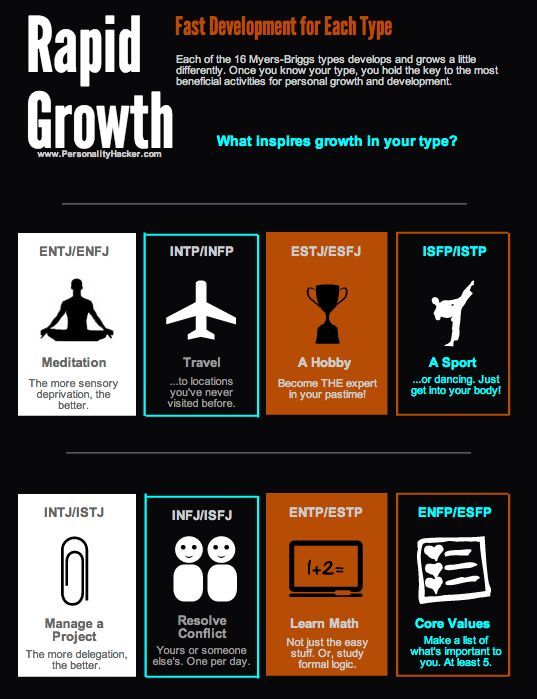 In different life situations, we behave differently. And this has nothing to do with extroversion or introversion, but is connected, for example, with the mind and discipline - when we consciously choose a certain type of behavior. In addition, the way we communicate is determined by the role we play in a given situation. From whether we take a strong or weak position in relation to others, what is expected of us, what impression we want to make on others.
In different life situations, we behave differently. And this has nothing to do with extroversion or introversion, but is connected, for example, with the mind and discipline - when we consciously choose a certain type of behavior. In addition, the way we communicate is determined by the role we play in a given situation. From whether we take a strong or weak position in relation to others, what is expected of us, what impression we want to make on others.
So, at his mother's birthday party, Jonas will have fun chatting with his younger siblings, playing the role of an older brother. He will greet his elderly aunts politely and patiently answer their questions. Working as a consultant at the firm's trade fair where he interns, he will keep a low profile when dealing with loud clients, but will try very hard to do everything right - after all, this is his professional duty.
Even an uninhibited, extroverted person like Anke Engelke has times when she is speechless or has to keep a low profile. Many Extras I know enjoy moments of silence in stressful life situations (they need that too). The ability to change in this way helps a lot: Intro - Extra changes give us freedom and a full range of actions.
Many Extras I know enjoy moments of silence in stressful life situations (they need that too). The ability to change in this way helps a lot: Intro - Extra changes give us freedom and a full range of actions.
Culture factor
Thirdly, the culture in which we live contributes to the bias towards Intro or Extra. For example, in a country like Japan, peace, solitude and reflection are valued. A long silence when communicating between two interlocutors is a completely normal phenomenon. Introverts from other countries appreciate Japanese traditions very much. And, say, in the United States, the classic "Extra-culture", the silence of both interlocutors is considered awkward or at least an unpleasant moment. Here it is customary to communicate a lot and spend time in a group - both in professional and personal life. That is why in the US (and here in Germany) introverts have to make more efforts to adapt than in Japan.
Biography factor
Life also changes.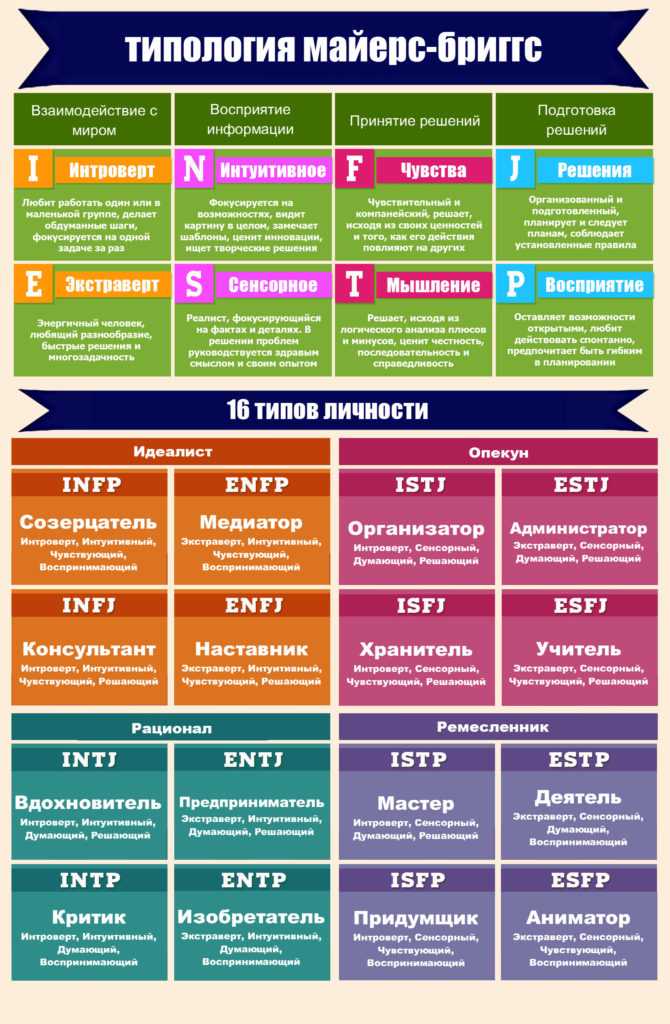 Over the years, people develop and become more moderate in their Intro or Extra manifestations. In the second half of life, introversion is more accessible to extroverts and acquires a special value. It helps to focus on yourself and on your own life, to think about the meaning of life.
Over the years, people develop and become more moderate in their Intro or Extra manifestations. In the second half of life, introversion is more accessible to extroverts and acquires a special value. It helps to focus on yourself and on your own life, to think about the meaning of life.
Despite the dependence on the situation, culture and even age, introversion, like extroversion, remains a stable trend, which manifests itself in certain qualities and inclinations. The answer to the following key question is very important:
The key question of introversion/extroversion: where does a person draw energy from?
Intro and Extra Energy Sources
How does a person behave when he is tired or stressed and needs to replenish his energy?
There are two possible answers to this question. One type of people is able to get energy from communicating with others. My husband is just such a person. After a busy day, he plays with friends on the football team or goes to meet club members.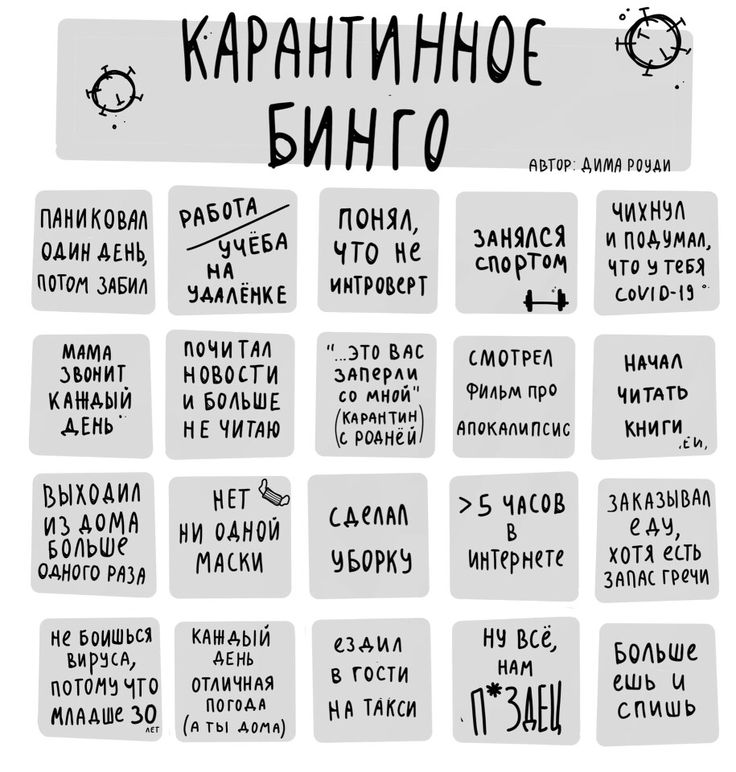 Someone who does this is most likely an extrovert.
Someone who does this is most likely an extrovert.
A different type of person distances himself and wants to be left alone, in peace - without any special emotions and without words. I am one of those people. After a seminar, I like to sit in a hotel room with a book. True, sometimes I meet a good friend and recover by talking with her. After a three-day workshop, I need half a day to be alone in order to restore energy. You are right: the one who recovers like this is an introvert.
Too much excitement irritates the Intro. In work, this can be a task in which many things must be considered at the same time. In private life, it can be a party with strangers and loud music - a situation like this is uncomfortable even for young introverts like Jonas. When Intros experience a lot of emotions, they feel the need to be alone.
Extras, on the other hand, love emotions because emotions supply them with energy. That is why they seek variety when they are left to their own devices and receive few impressions. For example, in libraries, hospitals or businesses, they look for places where they can start socializing - cafes, shops, tables and all areas where communication by phone and via the Internet is possible. In the office, a computer and phone can be a real lifesaver for Extra, providing a connection with the outside world.
For example, in libraries, hospitals or businesses, they look for places where they can start socializing - cafes, shops, tables and all areas where communication by phone and via the Internet is possible. In the office, a computer and phone can be a real lifesaver for Extra, providing a connection with the outside world.
The need for peace
This does not mean that extroverts do not feel the need for solitude. However, introverts need it more to recover from stress and contact. Without periods of calm, they become irritable and feel exhausted. The intro needs more time to recover before plunging headlong into the fuss again. A three-week vacation in the forests of Sweden is a dream closer to an introvert.
Questions for you
Can you quickly determine whether you are an Intro or an Extra? How do you rate yourself at the moment?
• I'm more of an introvert.
• I am more of an extrovert.
• I have both qualities.
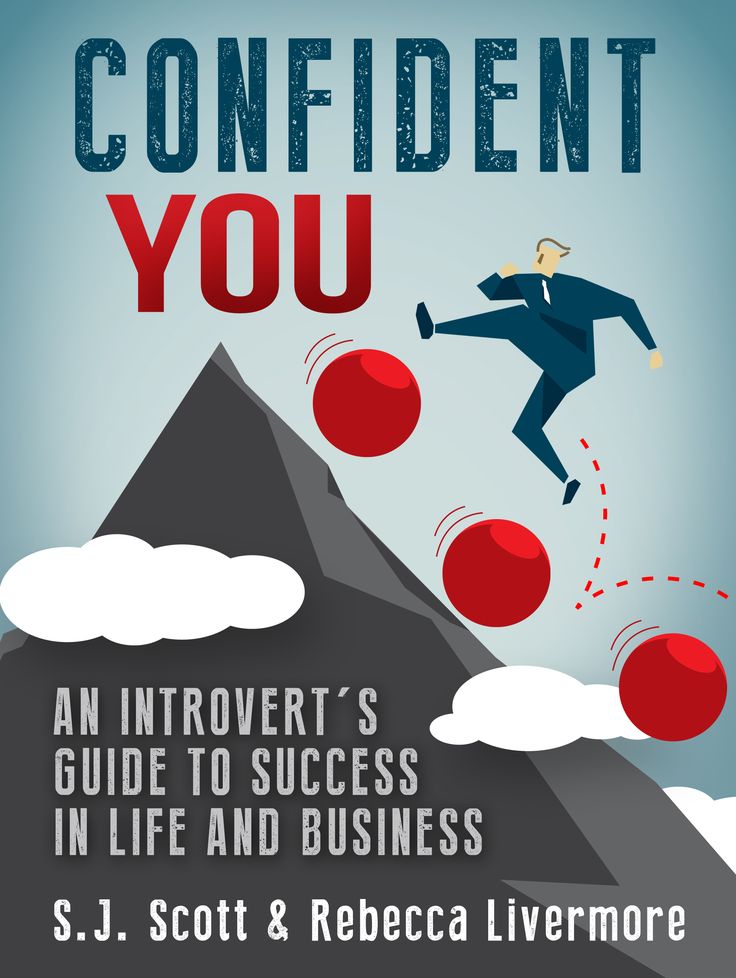
Neither type is better or worse than the other. They simply show what the basic human needs are. If you know what you need, then you can live in harmony with yourself and do what you need. You will be able to correctly distribute the time that you spend alone with yourself and in the company of other people. A balance must be found. Learn to constantly ask yourself, “What do I need?” And you will see: almost always there is an answer.
Question for living in harmony with yourself: what do I need at the moment?
Windmills and batteries
An example from another area of energy production further illustrates the difference between Intro and Extra. An extrovert extracts energy like a windmill: in order to restore energy, he needs impulses from outside. In addition, he must actively participate in this process and constantly “rotate”. An introvert is like a battery. He is charged at rest and he does not need "foreign" energy, in communication he usually does not show activity. Intro, like a battery, takes longer to load energy.
Intro, like a battery, takes longer to load energy.
Brain Intro and Extra
Brain researchers can now prove that introverts expend more energy on brain activity than extroverts. And for recharging, they need relatively more energy - and constantly, and not just during high mental stress. This high energy expenditure is explained by the processes occurring in the cerebral cortex, which is responsible for decision-making, memory and higher mental activity. Intros need more energy to process impressions and deplete their energy pool faster than Extras, which even in the process of consuming resources can replenish them. Thus, the introvert has to economically spend his internal forces.
Intro's thinking is more prone to overwork
The introvert's psyche reacts more intensively to external stimuli, he is, in fact, much more susceptible to external stimuli than an extrovert, and therefore is prone to overwork and needs a much larger amount of energy to process new ones.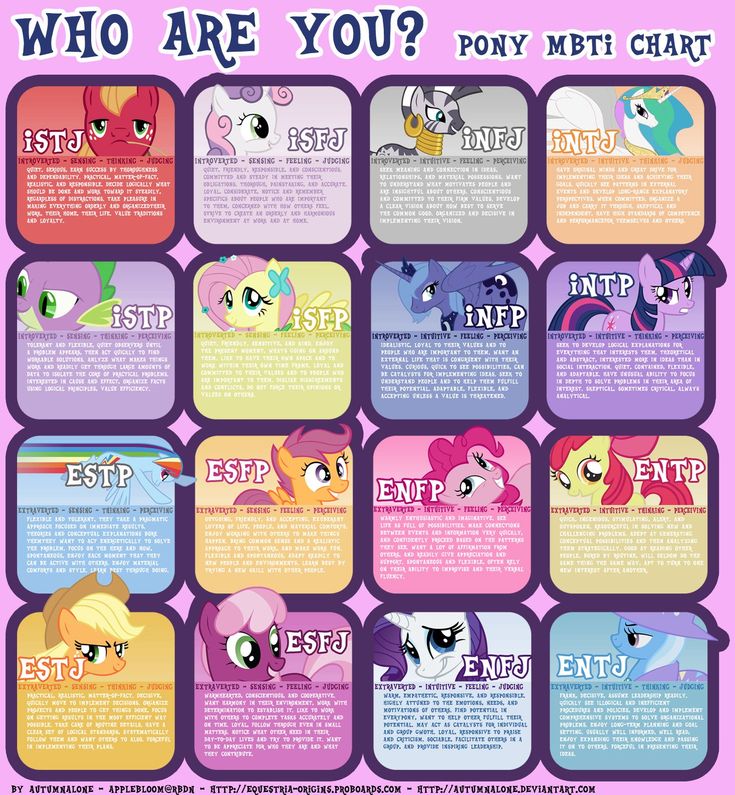 impression. This, for example, may mean that even a slight noise will greatly interfere with Intros like Jonas during mental activity, say, while studying. And his friend Extra, on the contrary, can practice even better with moderate noise in the background (radio!) than in complete silence.
impression. This, for example, may mean that even a slight noise will greatly interfere with Intros like Jonas during mental activity, say, while studying. And his friend Extra, on the contrary, can practice even better with moderate noise in the background (radio!) than in complete silence.
This doesn't mean that extroverts are more lively than introverts. It also cannot be said that introverts are much calmer than extroverts “by nature”. Even such a definition as "shy" has nothing to do with introverts. After all, the main feature of shy people is the fear of social contacts: they feel that they are not ready to communicate with others. However, this fear has nothing to do with the Intro-Extra continuum: it can be present in both types.
Being introverted means something other than being shy or receptive.
Generally speaking, receptivity also cannot be 100% attributed only to introverts. It means an unusually high sensitivity of the nervous system to external influences, often leads to increased irritability, but at the same time is associated with such qualities as sensitivity and intuition.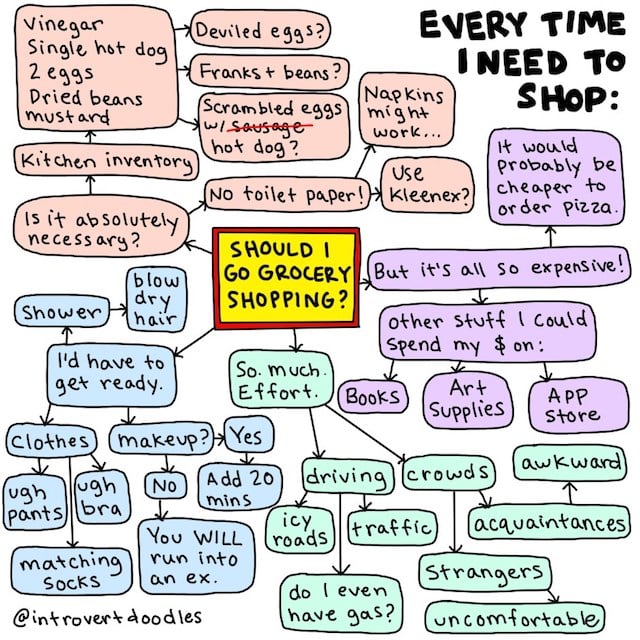 Although many receptive personalities are introverts, still 30% of receptive people are extroverts, according to psychologist Elaine Aron. In the application you will find Elaine Aron's website and a test with which you can evaluate yourself.
Although many receptive personalities are introverts, still 30% of receptive people are extroverts, according to psychologist Elaine Aron. In the application you will find Elaine Aron's website and a test with which you can evaluate yourself.
Read online “Introvert. How to make friends, be pleasant in communication and feel comfortable in any situation”, Patrick King – Litres
© Patrick King, 2017
© Art. Lebedev Studio, cover illustration and layout, 2019.
© Byblos LLC, 2019.
About the Author
Patrick King is a worldwide best-selling author and in-demand coach and communication coach. He knows from his own experience the value of communication skills, because they helped him rise above mediocre achievements and launch a successful career. The ability to fit into any situation and in any circumstances, he believes, cannot be overestimated. With this skill, any conversation will go like clockwork.
Patrick is well known as a social engagement specialist and oral communication coach based in San Francisco.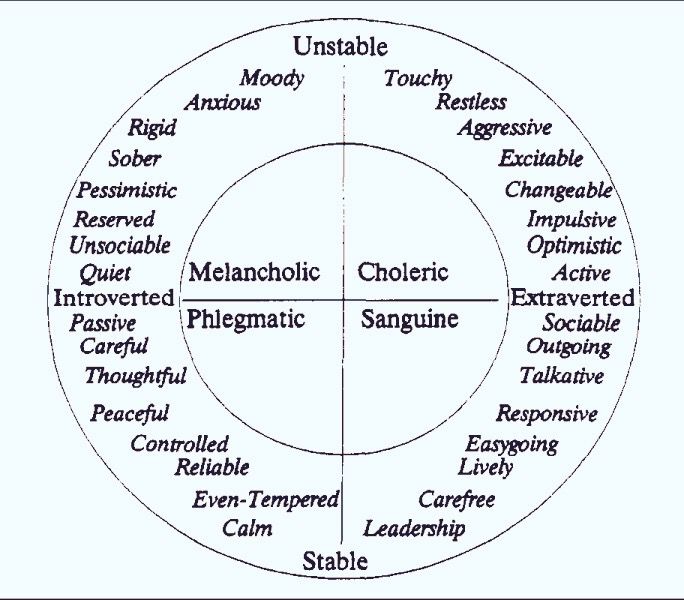 It can be found at GQ Magazine, TedX, Forbes, NBC News, Huffington Post, Business Insider, Men's Fitness, Inc., ATTN, Real Simple Magazine, and Creative Live. With his high emotional intelligence and understanding of human interaction, he seeks to help overcome emotional barriers, instill confidence in people and equip them with the tools they need to succeed. No tricks and tricks, just a thorough analysis of the human psyche, flavored with the practice of real communication, polished and brought to perfection in three years of study at the Faculty of Law. When he's not busy helping clients "take on the world," he's the lead singer in a cover band, playing 19 hits.80s, or preparing for the next 10 km race.
It can be found at GQ Magazine, TedX, Forbes, NBC News, Huffington Post, Business Insider, Men's Fitness, Inc., ATTN, Real Simple Magazine, and Creative Live. With his high emotional intelligence and understanding of human interaction, he seeks to help overcome emotional barriers, instill confidence in people and equip them with the tools they need to succeed. No tricks and tricks, just a thorough analysis of the human psyche, flavored with the practice of real communication, polished and brought to perfection in three years of study at the Faculty of Law. When he's not busy helping clients "take on the world," he's the lead singer in a cover band, playing 19 hits.80s, or preparing for the next 10 km race.
Introduction
"I don't want to be alone, but I want to be left alone."
Audrey Hepburn
For years, I've tried hard to appear extroverted, all to no avail.
You may have been in this situation too. Remember that time the party went late? Everyone had fun, and everyone unanimously demanded that the party continue, and you were just as unanimously called an unsociable beech - how is it, it's only three in the morning, and you whine that it's time to sleep!
Remember that time the party went late? Everyone had fun, and everyone unanimously demanded that the party continue, and you were just as unanimously called an unsociable beech - how is it, it's only three in the morning, and you whine that it's time to sleep!
Perhaps you are reluctant to invite guests to your place, praying to the Lord that they will leave after an hour or two, if you have to do it? Do you prefer small companies to crowded gatherings? And you hate to play the role of a hospitable host? You also probably constantly turn down invitations simply because you are “not in the mood.”
All these inclinations confused me greatly - after all, all my life I considered myself quite a sociable person ... right up to that very moment. Yes, as a teenager I was shy and overweight, but then I managed to get rid of most of the accompanying problems and, in general, I could carry on a conversation with anyone.
I, like many others, fell into the trap and considered myself an extrovert only because I could somehow interact with society and did not think about who I really want to be. Society (at least in the West) favors the extrovert ideal in one form or another. So I thought things were going well for me.
Society (at least in the West) favors the extrovert ideal in one form or another. So I thought things were going well for me.
It's like a person who is seven feet tall and plays basketball well, does not immediately realize that he does not really want to go into professional sports at all, and his true dream is to become an accountant.
Of course, this raises the question of whether wanting to spend time alone, instead of honoring the ideal of an extrovert, will not make you an outcast and loser.
But I was no exception. It turned out that some of my friends thought and felt exactly the same about the endless demands of society. When I started asking them questions, it turned out that they also had friends who looked like me.
By allowing ourselves to be labeled as introverts or extroverts, we lost sight of the fundamental concept of the "social accumulator" and why it elevated us to the rank of normal people.
The social accumulator is the amount of social energy that we have at our disposal at any given moment. Not all batteries are designed the same - some are larger and more durable than others. But everyone has a social battery, and every battery sooner or later loses its charge. However, in cases where the battery is running low and needs to be recharged, introverts and extroverts must act differently. An extrovert recharges in the company of other people. He feeds on the energy of those around him, motivating them by his example to do the same.
Not all batteries are designed the same - some are larger and more durable than others. But everyone has a social battery, and every battery sooner or later loses its charge. However, in cases where the battery is running low and needs to be recharged, introverts and extroverts must act differently. An extrovert recharges in the company of other people. He feeds on the energy of those around him, motivating them by his example to do the same.
So, the social batteries of extroverts are recharged by other people. And loneliness drains the energy of extroverts, makes them lethargic and apathetic, and deprives them of vital motivation.
An introvert, on the other hand, is energized by being alone. Communication with people drains their social battery. They need peace and solitude to replenish their energy - only then can they again interact with others.
Oh, so that's why I had to fall into a chair in front of the TV and spend long hours in this position after a tiring day at work or going out!
This is what is really behind the label of introversion.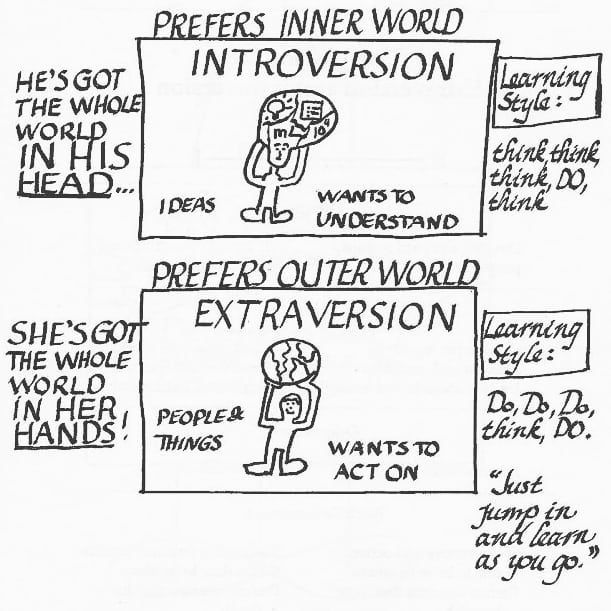 And it's not about social communication. And not even how much you like crowded parties. It's all about your tolerance for them. You are quite capable of joking and fooling around, overflowing with a nightingale and behaving in cabals no worse than any other extrovert. You just secretly dream that all this will end soon.
And it's not about social communication. And not even how much you like crowded parties. It's all about your tolerance for them. You are quite capable of joking and fooling around, overflowing with a nightingale and behaving in cabals no worse than any other extrovert. You just secretly dream that all this will end soon.
If you feel like something is wrong with you because you are not always thrilled by the prospect of going to a noisy party, then you are most likely still trying to live up to the ideal of an extrovert - and, of course, fail, as does anyone trying to drive a square peg into a round hole. And when defeats follow one after another, self-esteem and self-esteem inevitably suffer.
The best lesson I ever learned learning the art of being an introvert was: "Live in harmony with yourself, don't try to follow a ghostly ideal that has nothing to do with you - it's basically impossible." Then I no longer felt the need to put on a mask alien to me and was able to calmly follow my introvert tendencies without feeling guilty and without falling into defeatist moods.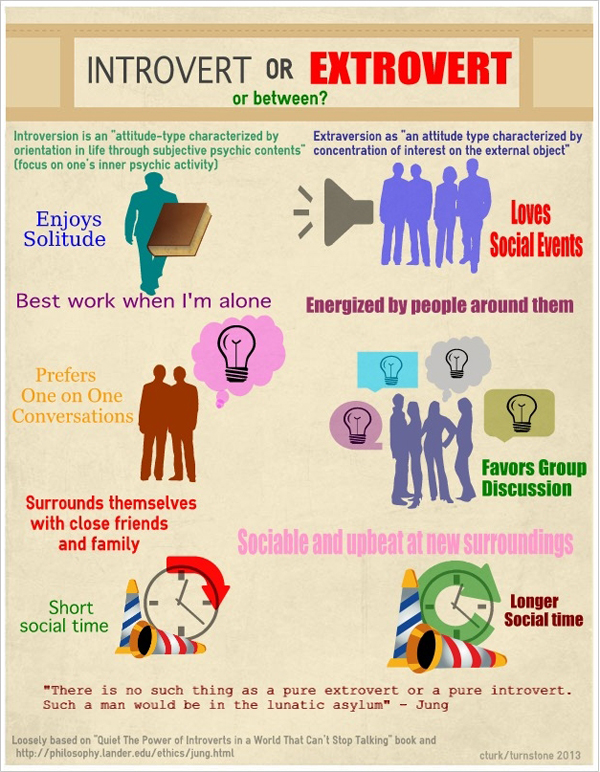 If you are left-handed, and all the tools in the world are sharpened for the right hand, it is quite natural to think that something is wrong with you.
If you are left-handed, and all the tools in the world are sharpened for the right hand, it is quite natural to think that something is wrong with you.
And even better, I learned that there were effective strategies that allowed me to be myself and follow my own desires, interacting with society in such a way as to get the maximum benefit at the lowest cost. It turned out to be a little more difficult than just going home when I suddenly felt tired. Harder, yes, but not by much. I was able, like a kind of companionable sun, to shine longer and brighter, without stepping on the throat of my introvert tendencies.
Hence the title of my book: INTROVERT.
When I tell people that I now consider myself an introvert, it always shocks them. In fact, I just figured out how my personal clock ticks, and managed to build my life in such a way as to live according to my abilities. They say that success in battle is 90 percent dependent on entering the battlefield. So, having managed to bring your temperament in line with the circumstances, you will ensure your success in society by 90 percent.
Chapter 1. What is introversion
In the introduction to this book, you have already learned that there are many misconceptions about what it means to be an introvert. In the first chapter, I will try to dispel them all by shedding light on the differences between who you really are and who you seem to people.
Misconceptions
Although introverts make up a significant part of the population, and every day there are more of them, there is still a misunderstanding about what this type of personality represents. It is believed that introverts are necessarily shy, socially inept, do not like people and generally do not communicate well with their own kind. In addition, they are still rude and unfriendly.
The existence of such a stereotype is quite understandable, since it is difficult to deny that many introverted personalities really have these qualities. It is not true, however, that every single introvert is an anti-social type of nervous warehouse. Likewise, not all of them are shy and quiet. Shyness and anxiety can go hand in hand with introversion, but they don't always define it.
Likewise, not all of them are shy and quiet. Shyness and anxiety can go hand in hand with introversion, but they don't always define it.
At the peak of social interaction, an introvert cannot be distinguished from an extrovert - the difference becomes noticeable already e after, in a state of calm. If a person seems shy or uncommunicative, then most likely he is simply tired of socializing.
The activity of an individual is not in itself a perfect indicator of introversion or extraversion. For example, a party-goer does not have to be an extrovert, and the fact that you spend most of your time alone does not make you an introvert. According to the same logic, a person who actively attends social events may well be an introvert living outside of his personal comfort zone. On the other hand, the one you always see without company is not necessarily an introvert - it's just the way things are. Maybe he would like to spend excess energy on communication, but the situation over which he has no control does not allow him to follow his desires.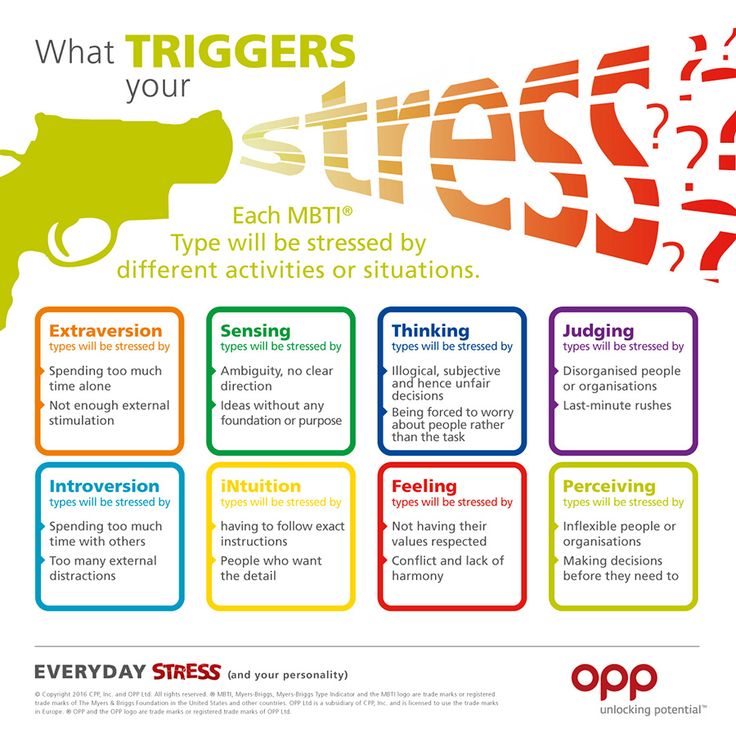
People are able to adapt, adapt to circumstances when the need arises, but many latent introverts end up trying for years - and without success - to appear extroverted. You may think that something is wrong with you if you hate going to bars and your friends love them, but the fact is that you and them just have different psychotypes.
Many people give the term "introvert" a negative connotation, as if a person is initially stigmatized only because he does not like to wander around the entertainment establishments all night long. But if you do not crave communication every minute, then, according to others, you are an antisocial type and a loner. When talking about introversion and extroversion, it is difficult to draw a clear line between black and white - however, as in everything else. All of these labels for introverts are completely wrong - and here's why.
The fact is that the amount of energy that introverts could devote to people and social activities is limited.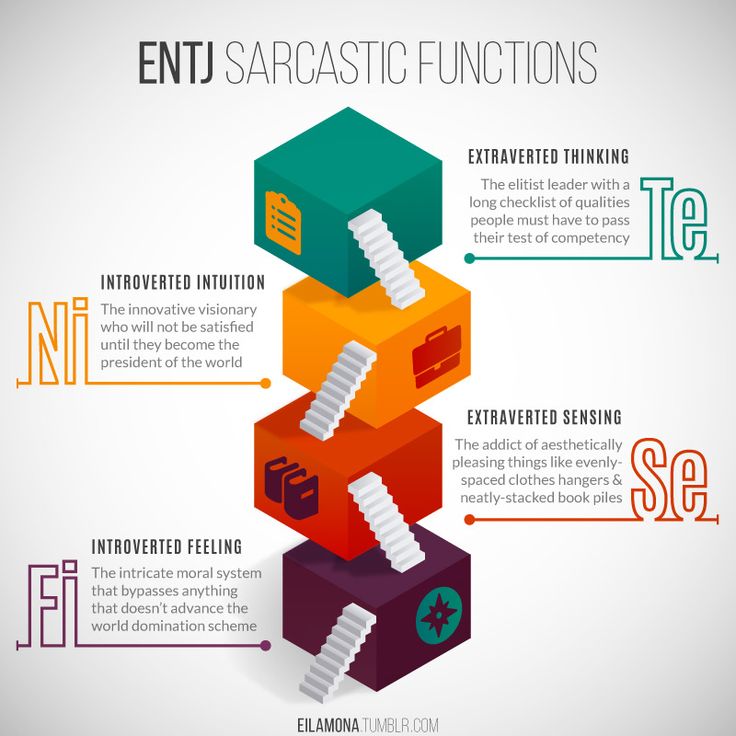 As already mentioned, this energy is associated with such a concept as " social accumulator ". Imagine a battery somewhere above the head of introverts, from which a drop of charge is drained every time they have to talk to someone or answer a question. And now, when the indicator arrow reaches zero, they feel exhausted and need to be recharged - and for this they have to isolate themselves and avoid any social interactions. It takes hours, days, or even weeks for an introvert's social battery to recharge.
As already mentioned, this energy is associated with such a concept as " social accumulator ". Imagine a battery somewhere above the head of introverts, from which a drop of charge is drained every time they have to talk to someone or answer a question. And now, when the indicator arrow reaches zero, they feel exhausted and need to be recharged - and for this they have to isolate themselves and avoid any social interactions. It takes hours, days, or even weeks for an introvert's social battery to recharge.
But a person demonstrating shyness, anxiety and even depression does not think about any social accumulators at that moment. He just feels uncomfortable and, therefore, transfers this discomfort to other people. He is not confident in himself, so it seems to him that he is constantly condemned and criticized. It is even possible that he associates all people in general with painful and unpleasant life experiences. Sociability is the very trigger point that provokes a breakdown in a negative spiral, so he will avoid communication for his own good.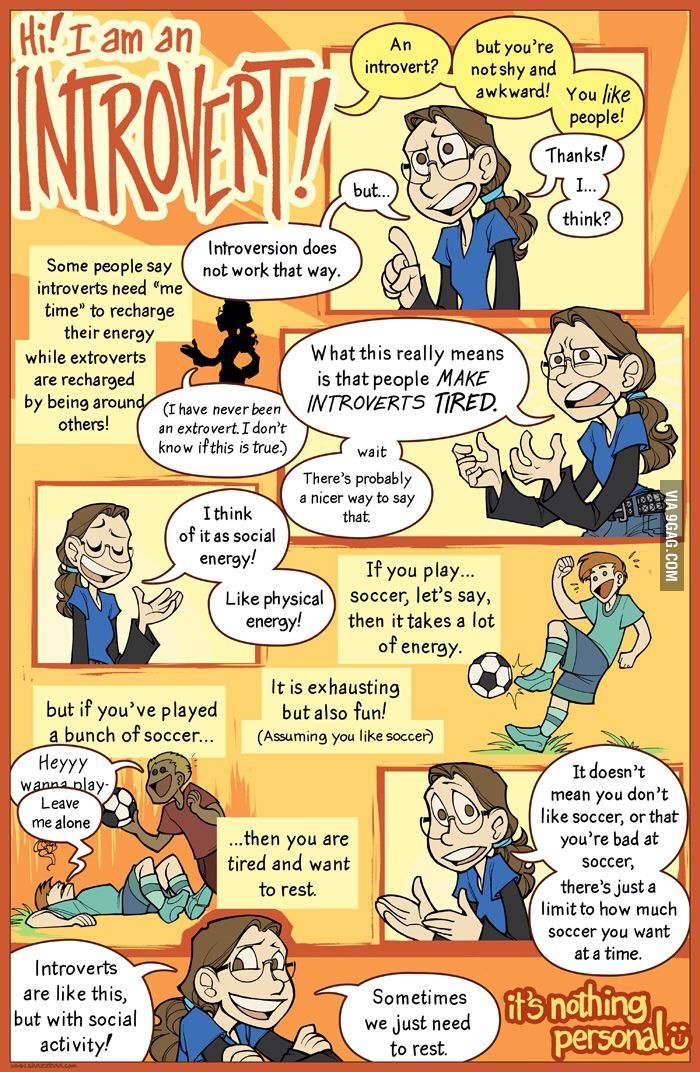
The anti-social type, who does not love the human race, does as he pleases, not caring about judgments from outside. He openly despises other people, has no respect for them. Yes, such individuals may well play social games, but they always have a clear reason and purpose for this. Once the goal is reached, they no longer need you. And the point here is not so much in the social accumulator, but in the lack of empathy.
Introverts, on the other hand, may appear unsociable or rude, but only because they are reserved by nature; they are not able to be the first to show warm feelings to the extent that modern society requires it. They have apathetic body language, absent smile, poor eye contact; however, it is important to understand that all this is also characteristic of a person who is about to fall asleep. We have already mentioned that introverts do not necessarily think of themselves in any particular way or evaluate themselves differently. Perhaps you just caught them right after a grueling (for them) marathon of communication, and they are just trying to relax and recover - and this can take hours or weeks.